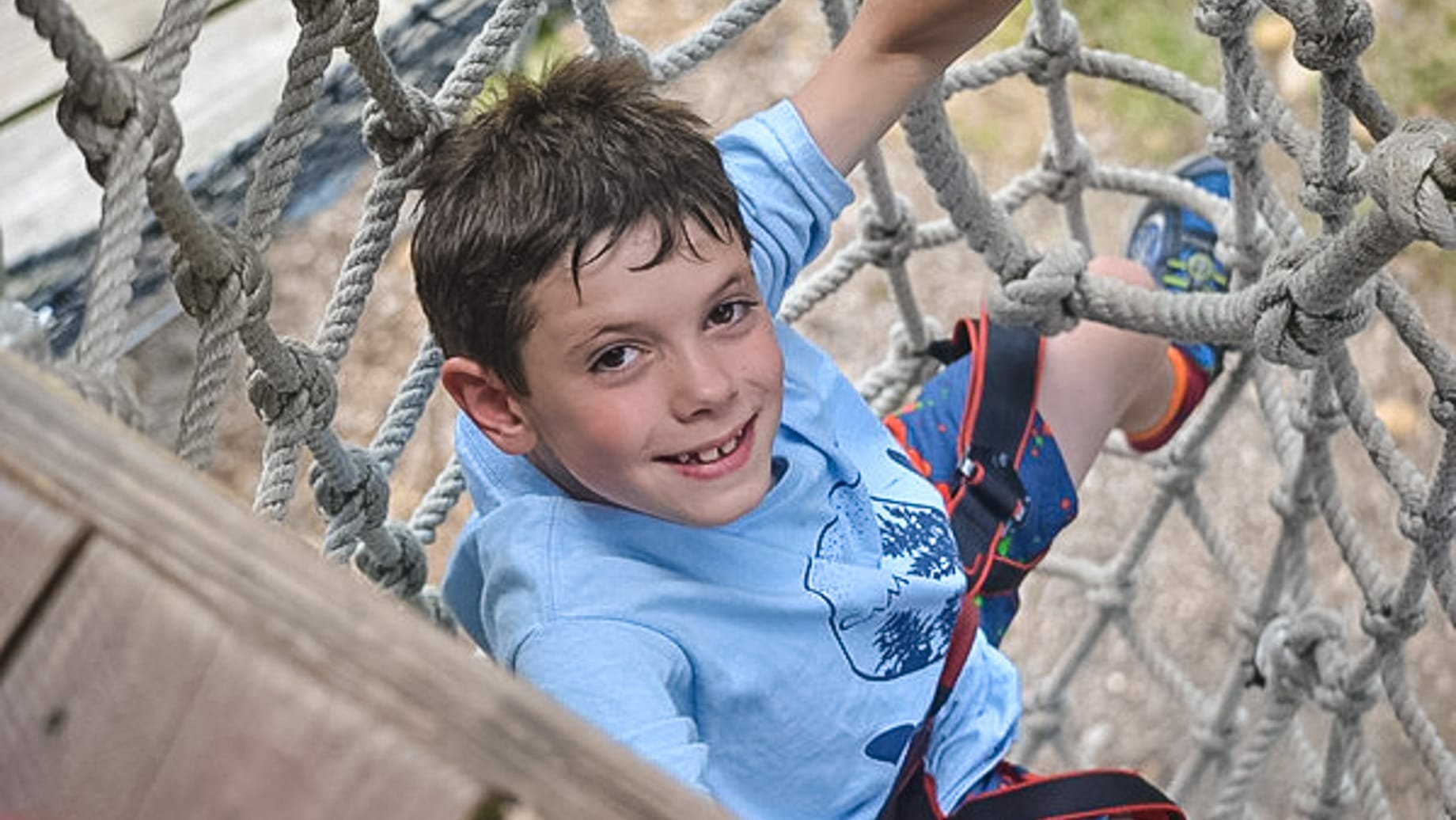This blog is the second in a series of resources provided by teachers, social workers, clinicians and therapists from Camp Sequoia’s social skills leadership team. Check our strategies, courtesy of Dr. Lew, Camp Psychologist with 30 + years’ experience working with kids.
Across the world, the pandemic has caused suffering and sacrifice as our daily lives have been drastically changed. Many have become ill, and tragically, others have lost their fight against the virus. We and our relatives, friends, and neighbors have suffered the loss of jobs, financial hardship, and struggled to survive over the last year. With all of these hardships, connecting with others has never been more important or more difficult. Mental health under the stresses of our “new normal” is important to consider, and reaching out to relatives, friends, church members, colleagues, community organizations, counselors, or psychologists for the support you need is a key way to cope.
If you are among the fortunate and haven’t been seriously impacted by the virus, you can be a great help and neighbor to those more seriously impacted. What can those with fewer burdens do for our less fortunate neighbors? Be an encouragement to others. Call friends, family, and loved ones on the phone, send them an email, or write a note to encourage others and let them know you’re there for them. Simple kindnesses can go a long way for those suffering from social isolation, depression, anxiety, or other forms of mental ailments. We are all in this together, and small acts can make a huge difference.
Suggestions to Ease Social Isolation Side Effects
If you have found that quarantining has made you or anyone you know feel closed in, limited, isolated, and cut off from activities enjoyed before the pandemic, here are a few suggestions for new ways to shake up your daily routines and reconnect with others:
Try Out Crossword Puzzles, Mental Riddles, or Jigsaw Puzzles
These activities can help stimulate the brain and take your mind off troubling matters.
Work on a Home Project or Repair
Everyone has a few miscellaneous house projects, whether it be a paint touch up job, a plumbing issue, or an appliance that doesn’t fully function because of that quick-fix band-aid solution you implemented years ago.
Now that most of us spend more time at home, the little things that used to be minor inconveniences may be causing you additional stress. Now’s the time to tackle those projects!
The Classic Spring Cleaning
As mentioned previously, with more time at home, the little things matter. Simple clutter could be one of the stressors weighing on your mental state now that we’re all spending more time at home. Little things, like sweeping, doing the dishes, organizing, washing the laundry, or even light dusting can help you feel accomplished and less stressed
Try Cooking or Baking Something New
Learning new baking or cooking techniques is a popular pandemic activity, and as a result, there are a ton of YouTube channels and websites dedicated to the activity. Browse the internet and try out something you’ve never tried before, as many people find it a great family activity or relaxing outlet.
Create a Home Workout
Working out has proven benefits on mental health. Of course, this doesn’t mean you need an in-house gym, but even a light workout built into your day can help with a positive perspective. Here are some different home workout services. Director Lux builds a regular biking regime into his day, for example.
Pick Up Reading or Writing
Cozily reading a book wrapped in a blanket with a hot beverage is the height of relaxation, and there’s no better time to get back into reading than a year like this one. Dive into a gripping series or informative novel, or even try your hand at writing or blogging.
For example, Associate Director Reema even published a book during the pandemic as a way to keep her occupied. Don’t have time to commit to reading a whole book, or never been interested in reading? Try out short story installments or comics, like Webtoons, to occupy some free time, as they are released in free weekly episodes and have every genre from slice of life to mystery to drama to comedy.
Write a Letter to a Friend
Try an old school way of connecting and send a few letters to friends. As we mentioned before, the little things count, and a few of our staff have enjoyed finding a pen pal to write to during the pandemic as a fun way to connect
Pick Up the Phone and Make a Call
Keeping in touch is key in hard times like these, so make some time to call relatives and friends. Try out a group meeting over Zoom or Discord, or set up a time to play virtual games with friends.
Try Out Drawing or Painting
Even if you aren’t a gifted artist, drawing and painting can be a relaxing and stress-relieving activity. It can also be a fun and messy family night!
Invest in an Instrument
Try learning a musical instrument! There are hundreds of online resources and free videos online providing music lessons. We’ve had kids experience a great deal of success here. Music can be a challenging but rewarding activity and allows humans to express themselves in a multitude of ways.
Discover New Music
Often humans habitually fall into musical patterns and listen to the same songs or artists repeatedly. Shake things up and look for new artists. YouTube recommended lists can help with this, or trying out Pandora’s new “discovery” feature can help find new artists and songs to branch into genres that can expand your horizons.
Above all, assume good intentions with your family and those around you. Know that this can be a tough time socially for both kids and adults. Remember to focus on the positive things and give yourself some grace with the things that are beyond your control.
–Dr. Lew

